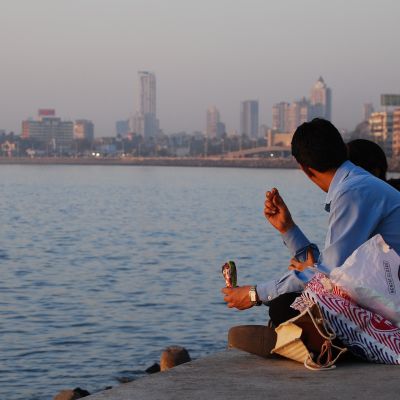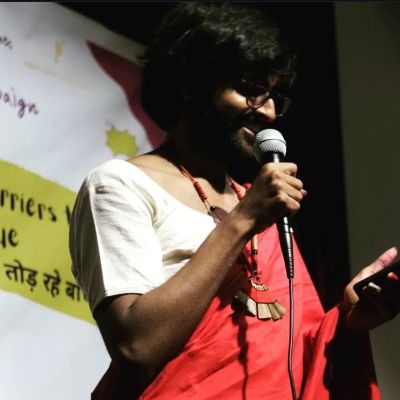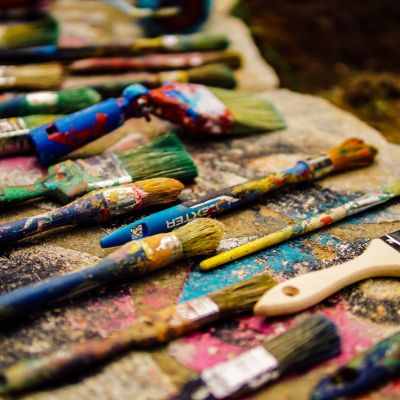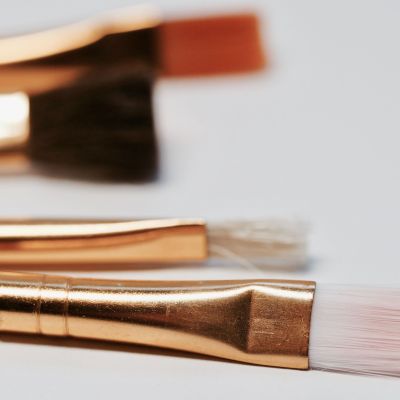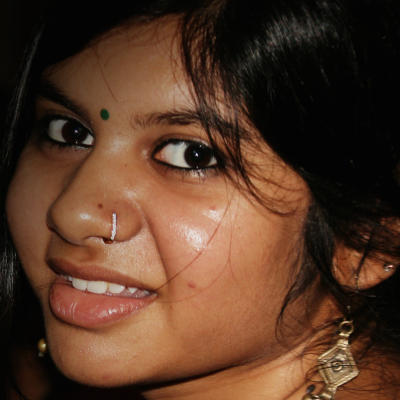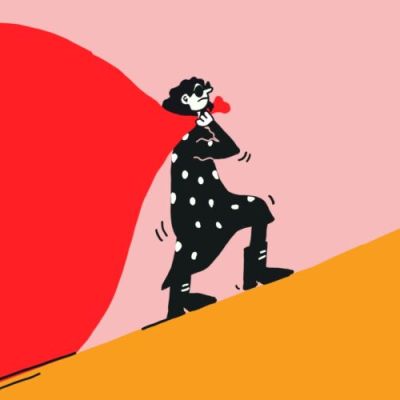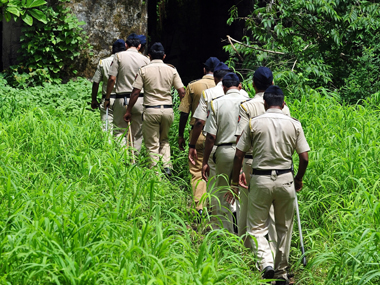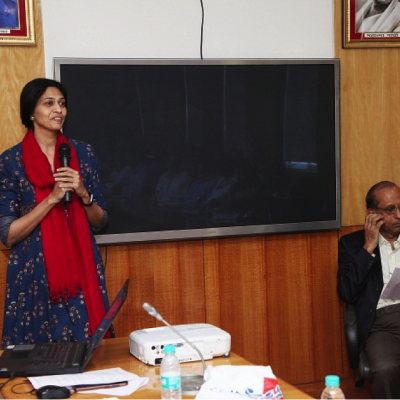Young People
शहरी स्थानों को पुनः प्राप्त करने के लिए, सार्वजनिक स्थानों पर प्यार और रोमांस की पुलिसिंग या निगरानी के कई पहलुओं को देखना महत्वपूर्ण है
चूँकि दुनिया हाशिये में जीने वाले लोगों के प्रति इतनी प्रतिकूल रही है, इसलिए वे लोग हमेशा से, हर जगह ‘सुरक्षित स्थान’ बनाने की कोशिश करते आ रहे हैं।
आख़िरकार, व्यापक यौनिकता शिक्षा का मतलब सिर्फ़ ज्ञान देना ही नहीं है। हम ऐसे सक्षम शिक्षक चाहते हैं जो हमारे यौन अनुभवों को संबोधित करने के लिए कला, नृत्य, संगीत, रंगमंच जैसे कई तरीक़ों को शामिल करते हैं और हमें आगे जाकर ऐसे अनुभवों के लिए तैयार करते हैं।
Waxing my body for the first time last year to have silky skin like the women on Veet’s box but ended up with rashes instead.
After all, comprehensive sexuality education is also not just about knowledge giving. We want experiential educators who include the modalities of art, dance, music, theatre, etc., to address our lived sexual experiences.
My experience of school, as I remember it, was quite conflicted. As a child I lacked the vocabulary to describe…
Both rejections and affirmations of the couple are skewered on this doubleness: It is the fullest expression of love and proximity available to us, and it bears all the insufficiencies of present social relations. Monogamous romantic commitment, like infallible lifelong attraction to only men or only women, is surely a minority tendency expediently elevated to a general social principle.
While sex workers face repeated harassment by the police, many young couples face threats in a one-off incident if the police finds them with their partner/lover. They may face police surveillance of expressions of intimacy and affection in public.
Dear Parents-of-the-Young-Woman-Picked-Up-By-Moral-Mumbai-Police, I write this as a citizen, outraged by the actions of the Mumbai Police in picking up consenting…
Providing Comprehensive Sexuality Education (CSE) remains one of the most contested and complex issues within the sexual and reproductive health…
In a society that restricts one’s expression of sexuality and perpetuates patriarchal gender norms, there is little room offered for open exploration. With no Comprehensive Sexuality Education (CSE) in schools and no conversation about sexuality with parents, children are ill-equipped to navigate their puberty as adolescents, and dating and relationships as young adults.
Saying yes to pleasure is as important as saying no to danger. To focus only on danger and keep it separate from pleasure leads to half-knowledge.
If students of such young ages can have the agency to work around hard-wired issues of sexuality and privacy, bearing in mind consent, choice and failure as part of life, we see no reason for this sense of agency to not expand one’s sense of belonging and easily create change.
There may already be another organisation in the community to share resources with but for community-led initiatives, a shared perspective on Safe, Inclusive, Sexuality-Affirming (SISA) spaces is also important. Sometimes when the shared perspective is not there, that becomes a challenge.
Sangeeta Rege is currently Coordinator /Director at CEHAT (Centre for Enquiry Into Health and Allied Themes). CEHAT undertakes research, action…

